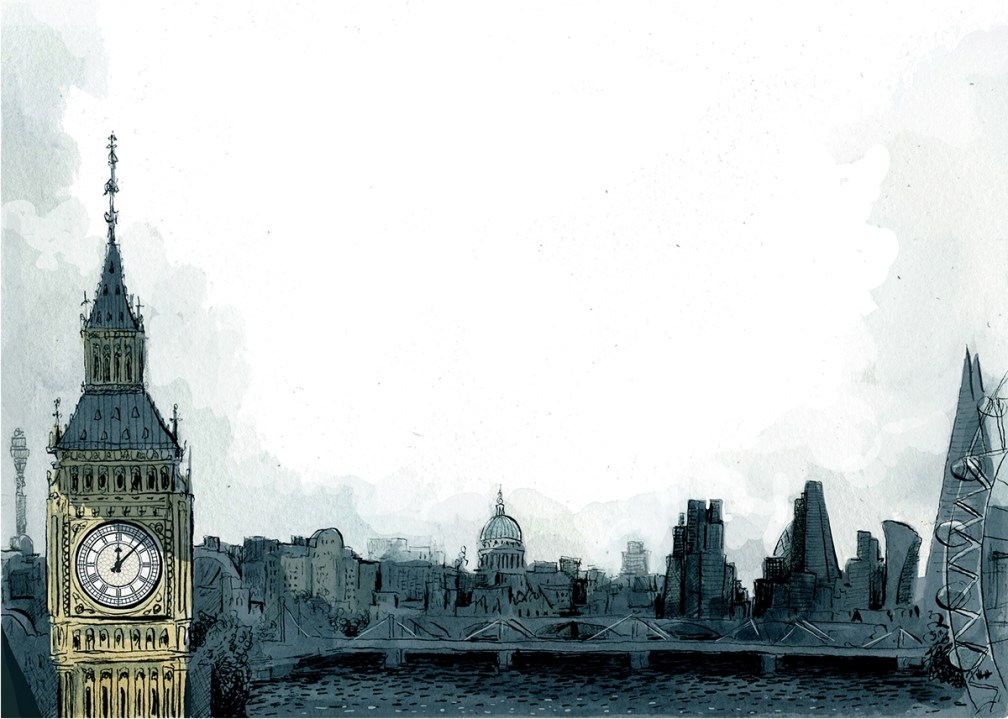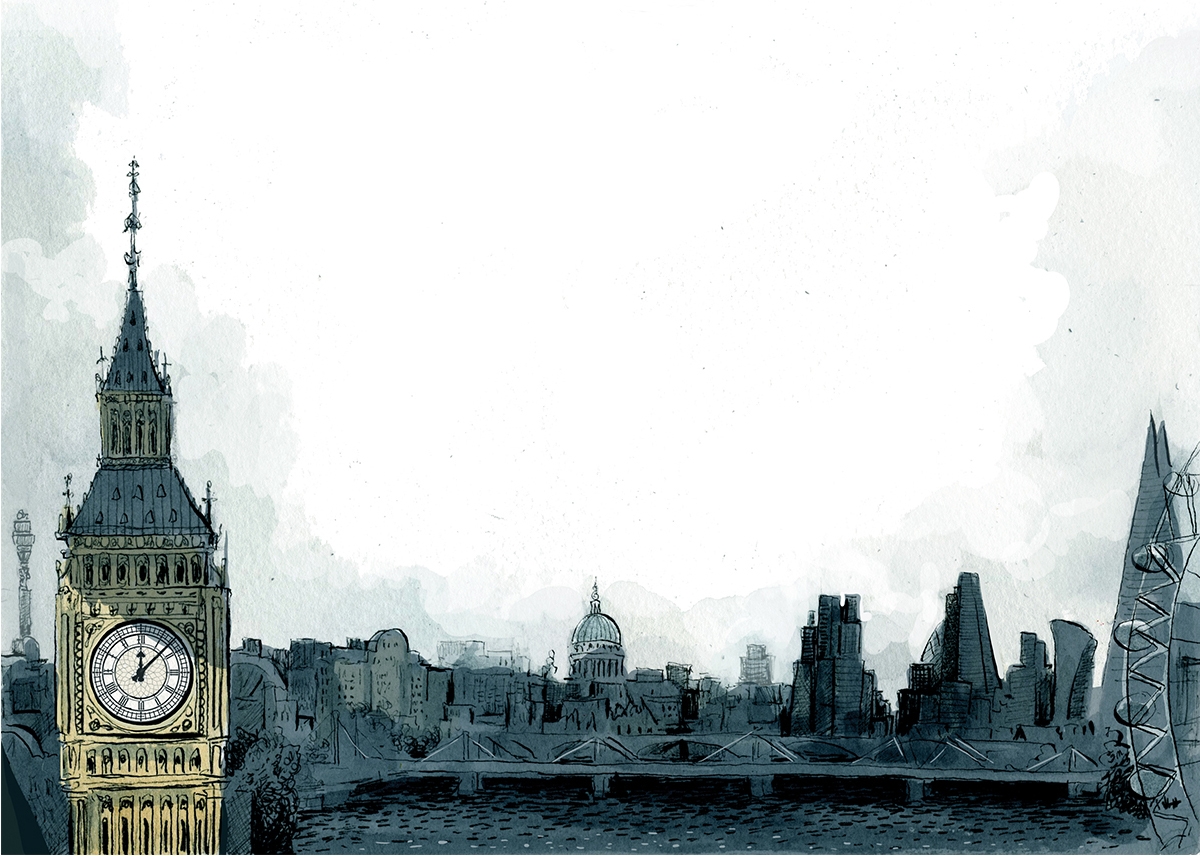In his ‘levelling up’ speech in Coventry this week, the Prime Minister insisted time and again that this was no ‘zero sum’ game. Improving the fortunes of the poorer parts of the country would not entail levelling richer parts of the country down, he said: ‘Levelling up is not a jam-spreading operation. It’s not robbing Peter to pay Paul…. It’s win-win.’
Well, maybe. But there was good cause for his defensiveness. One reason advanced for the Conservatives’ dramatic defeat in last month’s Chesham and Amersham by-election was apprehension that such places would have to help pay the bill for, say, regenerating Hartlepool. Yes, of course, there were specific reasons for the unhappiness of Tory voters in the Chilterns – HS2, planning changes, and so on – but it was also not unreasonable for people to fear that the cost of breaching the ‘red wall’ could be some serious structural damage to the blue wall elsewhere.
One academic even argues that such damage is necessary. Professor Alex de Ruyter, director of the centre for Brexit studies at Birmingham City university, responded to Johnson’s speech by saying that ‘real levelling up would require a solidarity tax on London and the south-east of England.’
Citing – as Johnson did – Germany’s success in slashing the disparity between the former East Germany and the West, he proposed, rather than the solidarity tax paid more or less willingly by Germans, a land value tax that would ‘preponderantly affect the South of England’.
‘In 2019, Germany raised €19.1bn. Scaled for the UK’s economy, that’s very roughly the equivalent of £12bn every single year for the next 30 years – a total of £360,000,000,000. This is the kind of order of magnitude about which we must be talking.’
Whether the government can really take measures to level places up, without also levelling other places down, is another matter
Well, again, maybe. But also maybe not. Because – for all Johnson’s reassurances to the contrary, it would seem that a degree of ‘levelling down’ may already be happening, organically, as it were.
While many parts of the country, including big city suburbs, are recovering well from the pandemic, even flourishing more than before, the same is not true of London. Johnson spent some time in his speech on what he called the ‘Matthew effect’. Governments, he said,
‘have created a sort of Matthew effect: to him that hath shall be given, so you end up investing in areas where house prices are already sky high and where transport is already congested and by turbo-charging those areas, especially in London and the South East – you drive prices even higher and you force more and more people to move to the same expensive areas – and two thirds of graduates from our top 30 universities end up in London.’
All of which is valid. But, to return to the New Testament, for those ‘who have eyes to see and ears to hear’, this may no longer be the story, and the question must be, will it ever again?
Take the latest Land Registry figures. These showed that house prices rose on average even faster during May than April (assisted, no doubt, by the Stamp Duty holiday nearing its end). But averages are deceptive. House prices may have risen, unexpectedly to many, during the months of the pandemic, but London has been an exception.
While the average rise across the country has been 10 per cent, in London it has been closer to 5 per cent, and in some areas and for some types of properties (flats, of which London has more than most other areas of the country) prices are at most stagnating. For those with the will and the money, there has been a rush out of London completely, and a rush to the leafier suburbs for others. Rents in central London have actually been falling.
So far, it would appear – astonishingly to me – investment in new office space, including tower blocks in the City of London, has not suffered, although rents of existing space have been falling. Maybe the gamble is that companies will move their (depleted and part homeworking) staff to new accommodation that is more spacious and better ventilated. But that will still leave a large amount of office space that is redundant. It can surely be only a matter of time before prices start to fall.
I appreciate that the trend towards working from home can be over-egged, but there are also two distinct schools of thought about what may happen now. One is that London is simply having a slower return to normal life, because of the number of people who can now work from home, and because there has been no concerted effort, whether by government or other employers, to get their staff back into the office again. But that, come the autumn, the City and Canary Wharf and the rest may revert to something like their teeming selves. Then there is the other school that says maybe they won’t; that the flight to the country and the suburbs is for the long term; that far more office work will be done at home, and that the ‘big smoke’ will be left quieter, emptier – and poorer.
The first group argues that there were reasons why cities grew and why London became the metropolis that it did, and that those factors – including location, facilities, the advantages of concentrated brain-power – are the guarantees that it will live on. But the second argues that the changes wrought by the pandemic, compounded by the spread of technology, presaged new ways of working and living that are already sending London’s latest growth spurt into reverse. In other words, that London is not coming back. There are estate agents who maintain that it will be years, if ever, before homes return to their pre-pandemic prices.
Now, there are benefits to a quieter, less frenetic city, with more time and green space for its residents to stand and stare. There are benefits, too, to narrowing the price gap between living in the capital and elsewhere. Boris Johnson himself seemed to recognise that the city could do, at very least, from some de-congesting changes along these lines.Whether the government can really take measures to level places up, without also levelling other places down, however, is another matter.
The Prime Minister may not have to ‘decapitate’, as he put it, London and other ‘tall poppies’, but this does not mean that, starved of their sustenance, those tall poppies may not start to wither all by themselves.







Comments